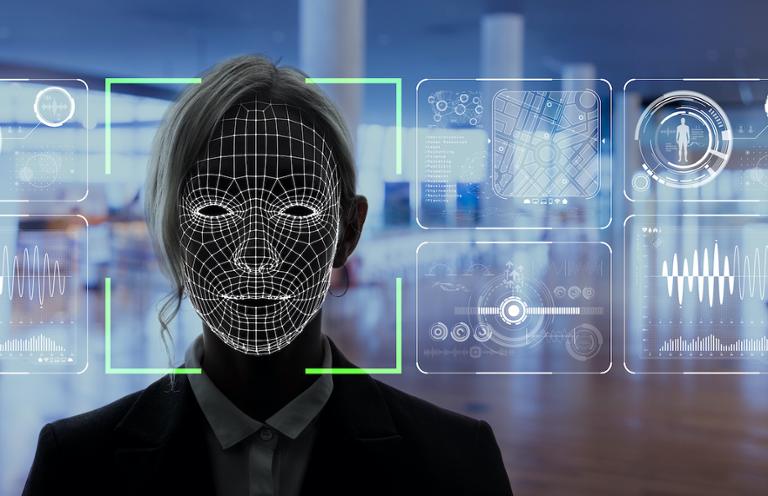Data privacy is a necessity at any organization that deals with customer information at any level, and of critical importance to those who maintain customer records. Over the past several years, we’ve seen the consequences of data breaches—billions of records dumped into the open, loss of customers, and millions of dollars in fines (not to mention the loss of trust, which can hurt an organization financially long after initial fines have been paid). But the importance of data privacy and fraud detection extends well beyond protection from hacking; they’re the cornerstones of the modern web and cloud-based services.
Simply put, technologists of all disciplines know that consumers aren’t likely to engage with websites and services that are either prone to hacking or suspicious in some other way. In January, the Pew Research Center, after data-crunching a decade of surveys about the tech industry, concluded that a rising percentage of Americans felt that technology companies have a negative effect on the country, thanks largely to lapses around data privacy and security. With trust at a premium, organizations hiring technologists are likely to begin including data privacy and security as core skills for a range of different roles.
As you can see from the following chart (sourced via Burning Glass, which collects and analyzes millions of job postings from across the country), data privacy expertise pops up as a request in 1.80 percent of job postings for cybersecurity engineers and analysts today; it’s also present in roughly 2.7 percent of technology consultant postings. Those aren’t high percentages, but there’s also enormous potential for growth over the next several years.
Several other positions, including software developer, business/management analyst, network engineer, and technology consultant, may also see a notable increase in employers requesting data privacy abilities. In all, Burning Glass predicts that jobs involving data privacy will grow around 27.9 percent over the next decades—a very solid rate for any technology position.
Put another way, if you’re interested in any of the jobs, knowing how to preserve data integrity in an increasingly complex environment is a must. The need for data privacy extends to eliminating fake accounts and profiles from any system that involves interaction between users, such as a marketplace or social network. Not only can hackers and other bad actors use fake profiles to manipulate and steal information from legitimate account holders; but their presence can potentially wear down the reputation of the network.
Fortunately, fraud-detection systems based on machine learning have become increasingly mature. These systems reduce the need for human intervention (which is time-consuming and tiresome) and speed up the elimination of fake profiles and the negative behavior stemming from them.
Any developer or engineer taking on such a task, however, needs to spend time evaluating the options out there. There’s also an element of uncertainty, because with any automated system, you never know how effectively it’ll behave until you “take the plunge” and plug your own data into it. In such instances, familiarity with automation and A.I. is a must, as well as a firm grasp of project-management principles.


